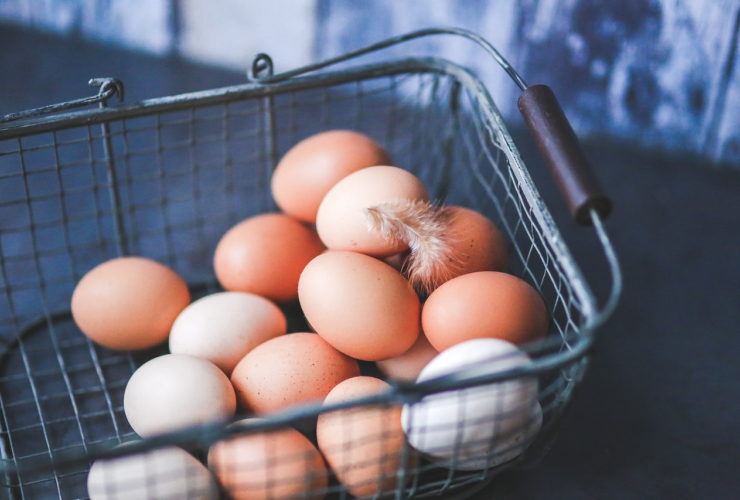Marc Fawcett-Atkinson

Journalist | Vancouver |
English
French
About Marc Fawcett-Atkinson
Marc Fawcett-Atkinson is a reporter and writer covering food systems, climate, disinformation, and plastics and the environment for Canada’s National Observer.
His ongoing investigations of the plastic industry in Canada won him a Webster Award's nomination in environmental reporting in 2021. He was also a nominee for a Canadian Association of Journalists's award for his reporting on disinformation.
Marc has previously written for High Country News, the Literary Review of Canada, and other publications on topics exploring relationships between people and their social and physical environments.
He holds an M.A. in journalism from the University of British Columbia and a B.A. in Human Ecology from the College of the Atlantic.
Colonialism created food insecurity in the Arctic. It will take huge changes to end the crisis
Ending food insecurity in Inuit Nunangat — the Inuit homeland in Arctic Canada — will require profound transformations to reduce poverty, bolster airports and harbours, and undo decades of harmful colonial policies, according to a new plan by Inuit Tapiriit Kanatami.
Is fake meat saving the planet — or just modern capitalism?
Gone are the days when only carnivores could grab something from their supermarket freezers for a quick, protein-rich dinner on the grill. Now, a quick trip down grocery store meat aisles can yield a bounty of designer burgers and bangers that have been engineered from plants.
Why we should send miso — not billionaires — to space
When the pandemic first hit, many people started looking up at the stars, searching for respite from the chaos on Earth. Yet for Joshua Evans, a Canadian PhD student of geography at Oxford University, the heavens evoked more than freedom from lockdown: A few weeks earlier, he had sent a pot of miso to the International Space Station (ISS) and its return was imminent.
'We don't have deep pockets to survive,' say fish harvesters sunk by salmon closure
Pacific fishers' livelihood is now on the brink of extinction after Fisheries and Oceans Canada recently closed about 60 per cent of B.C.'s commercial salmon fisheries. The closures, the government says, will last “multiple generations” of fish to save tumbling salmon populations.
'It's not looking very good,' say the people growing your food under sweltering heat
A dry spring left the fields on Karen Klassen's farm parched, and now the Manitoba farmer is bracing for them to get worse. Any day, an unprecedented heat wave smothering western North America will roll over her land, turning sun-baked soil to dust and leaving a poor crop of peas, wheat, and barley in its wake.
DFO shuts most B.C. fisheries in desperate effort to save salmon
Commercial salmon fishing will be closed in most of coastal B.C., the federal government announced Tuesday.
Plastic recycling could be more dangerous than you think
Efforts to end plastic pollution with recycling could leave people — and the environment — laden with poisonous chemicals, a new study has found.
Feds told — again — to allow Indigenous commercial fisheries
Canada must stop controlling how First Nations harvest and sell salmon, halibut, and dozens of other marine species, a B.C. court has ruled.
Feeling guilty about the plastic waste your takeout meals create? Try this
A new app shows which restaurants and cafes will let you bring your own reusable containers and cups so you can have your meal and skip the takeout garbage, too.
The plastics you throw away are poisoning the world's eggs
Eggs eaten by some of the world's poorest people are being poisoned by some of the world's richest.










